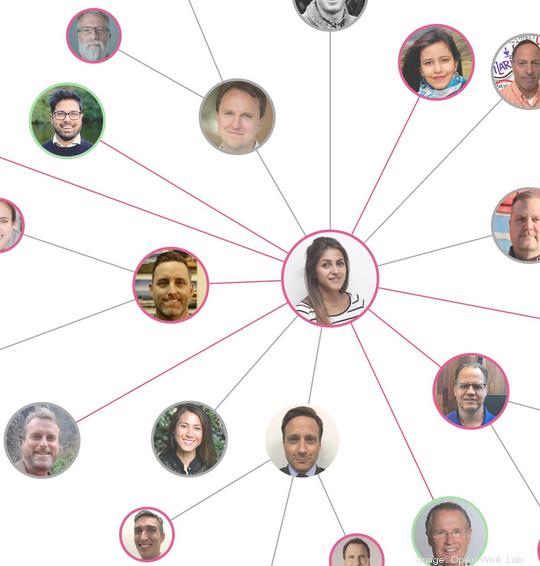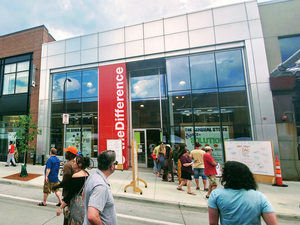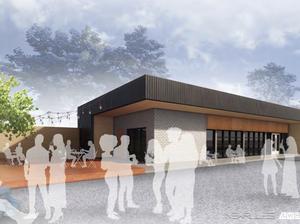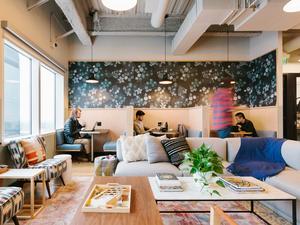
After riots destroyed his Uptown Minneapolis coworking space in 2020, Brandon Klein decided to rebuild — but not in the real world.
Instead, he launched the Open Work Lab, an online hub were participants can share ideas and knowledge in an open-source platform powered by blockchain technology.
This model, known as a decentralized autonomous organization (DAO), allows participants to share profits via cryptocurrency, sign contracts and vote on company-wide decisions, all while following a defined set of rules.
The Open Work Lab’s basic structure got its start in the co-working space's physical location (formerly known as The General Store DAO). It was there that participating companies openly shared ideas and what they were working on across whiteboards. This then led to collaboration among other companies that had expertise in that area.
By operating as a virtual DAO, Open Work Lab has the potential to scale infinitely larger than The General Store, which had 27 participating companies at its peak. This mirrors how several local companies have shifted to a remote-first approach and broadened their talent pool.
Klein said the Open Work Lab has all the intangible benefits of a co-working space without the physical in-person assets. And because its network is cast much wider, participants can tackle larger problems, including climate change, workplace diversity and artificial intelligence.
Klein’s previous experience includes serving as chief collaboration officer at UnitedHealth Group Inc., where he worked within siloed networks that included tens of thousands of employees. This experience led him to create open-source networks that leverage relationships and allowed people to learn from each other.
Open Work Lab has been operating with 5,000 users who were handpicked from the network of Klein and Christine Lai, a Los Angeles-based entrepreneur. That will change later this month when the platform goes public, with its blockchain viewable to anyone.
As DAOs gain traction, they’re being used for a variety of purposes, including crowdfunding. Late last year, a DAO was formed to buy a copy of the U.S. Constitution when it went up for auction at Sotheby’s. Klein joined a collective of 17,000 people that raised $47 million for the effort — though the group was outbid by billionaire Ken Griffin.






